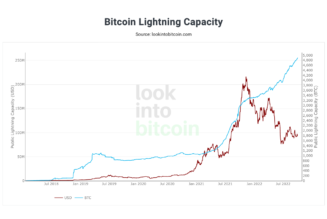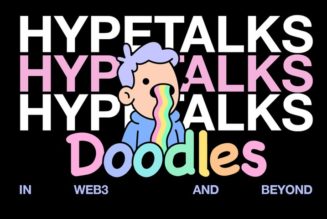
TikTok’s high-profile search for a US buyer is hitting a roadblock after weeks of public negotiations and months of national security debates. A string of reports from Reuters, Bloomberg, and The Wall Street Journal describes a growing stalemate over the algorithm behind TikTok’s For You page, arguably the most important piece of software the company has. That algorithm has become a sticking point between the US and China, and what happens to that algorithm now seems like the central issue for any possible deal.
First publicly confirmed on August 2nd, the proposed TikTok acquisition comes in response to months of escalating concerns about Chinese ownership of an app used by millions of Americans. Microsoft, Oracle, and Triller have all put in bids to purchase TikTok’s operations in the US, Canada, Australia, and New Zealand (roughly 30 percent of worldwide users) to allay the concerns. The details of the acquisition are still in flux, but it is estimated to be worth around $30 billion, and Microsoft has committed to either finalizing or dropping the deal by September 15th.
But this week has seen new concerns over TikTok’s algorithm. On Friday, China quietly added personalized content recommendation algorithms to its list of export-controlled items, throwing the deal into chaos. The new export controls mean that any recommendation algorithm — like the one that powers TikTok’s For You page — will need government approval before it can be sold to a foreign company. We don’t know exactly how China will interpret that clause, but the assumption from most observers is that the government will block the sale of the algorithm, presenting a huge problem for any potential deal.
The For You page is the heart of TikTok’s appeal; it’s the product that lets you scroll for hours and still find new and interesting content. Without that algorithm, the Microsoft version of TikTok (MicroTok, if you will) wouldn’t be worth very much. So now, all three bidders are left scrambling for a way to make the deal work. As The Wall Street Journal put it tactfully, “the complexity involved has reduced the chances that a deal could be completed soon.”
Today in Reuters, new information emerged on what the various suitors are considering as a compromise, but none of the ideas are particularly plausible. You could buy the company without the algorithm (doesn’t seem great), you could convince China to let you have the algorithm (doesn’t seem likely), or you could kick the can down the road with a three-year transition period (doesn’t seem like it solves the problem). The most interesting option is the fourth one, in which the acquiring company licenses the use of the algorithm from ByteDance without buying it outright. But given all of the public concerns about the Chinese government manipulating the feed for propaganda purposes, it would leave a lot of serious national security issues unaddressed.
President Trump’s public statements continue to make things harder rather than easier. Speaking to reporters on Tuesday, he seemed to disregard the November 12th deadline set by his executive order and emphasized the legally dicey idea that the US Treasury should receive payment as part of the deal.
“I told them they have until Sept. 15 to make a deal — after that we close it up in this country,” Trump said. “I said the United States has to be compensated, well compensated.”
It’s not clear where we go from here. No one has ever split up a social network along regional lines before, and each additional complication makes the basic premise less appealing. It’s still possible that the bidders will find a way through the jungle and fashion some sort of deal to forge a US-centered version of the TikTok network, but the app could emerge from that process as a shell of its former self. It’s also possible that we’ll reach the deadline without a deal, and Trump will make good on his threat to “close it up,” with all of the legal problems that suggests. It’s also possible, even likely, that Trump is bluffing, and he’ll make a quiet tactical retreat once the deadline hits, unwilling to press the issue so close to the election. But whatever happens, it’s put the US employees of TikTok in a profoundly uncomfortable position and set an ugly precedent for federal control over social networks.










